It has been said that salvia is the herb of centenarians. This wondrous plant can heal any ailment. Plus, by growing salvia, your garden also gains a wonderful decoration.
Legends describing the immense positive effects of salvia date from the time before Christ. The name comes from Latin - salveo (meaning health, healing).
Garden sage, common sage (Salvia officinalis) or simply sage is a subshrub, cultivated as a garden flower and spice. It blooms into small purple flowers during the summer. The healing effects of the plant lie in its leaves. The curious thing is that the aroma of the herb comes from them, not from the flowers.
One of the most famous authors from antiquity, Hippocrates, stood in awe before salvia and spoke with reverence of it. He considered it to be a holy herb and recommended it for infertility. It has been discovered that it was used for this very property after the massive deaths in ancient Egypt, due to the epidemics. At that time, every woman was obliged to take salvia to improve her reproductive capabilities and to help save her family line.
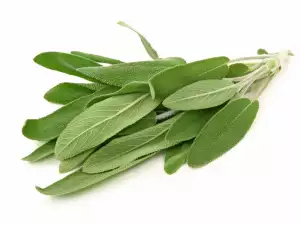
One of the most popular legends about salvia has to do with the first moments of the life of Christ. When the army of King Herod gave chase to Joseph and Mary, they hid the child among some overgrown salvia along the road. This way, their child was saved and salvia acquired its miraculous healing properties. Later on, during the Middle Ages, the plant was used to treat the plague.
It is now known that the regular intake of salvia tea has numerous beneficial effects. It strengthens the entire body, prevents strokes and cures paralysis. Aside from lavender, it is the only plant that helps against nighttime sweating.
Salvia tea has a beneficial effect for diseased liver and gas. It cleanses the blood, stimulates appetite, combats all types of intestinal problems and aids in releasing mucus from the respiratory system and stomach.
Modern medicine appreciates the benefits of salvia and applies it successfully in treating spasms, diseases of the spinal cord, glands and tremors. Besides being applied internally, salvia can be applied externally, mainly for infections of the oral cavity, teeth and tonsils.
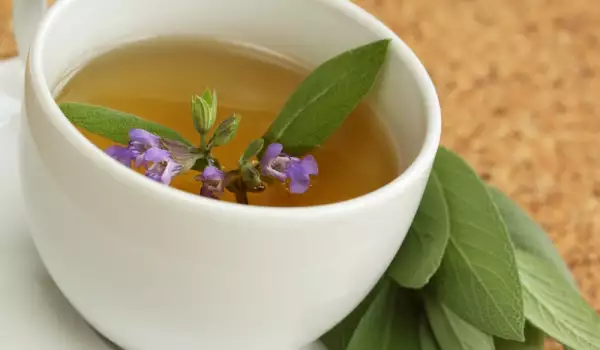
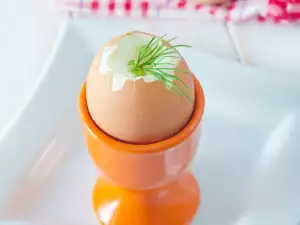

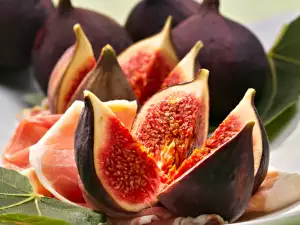



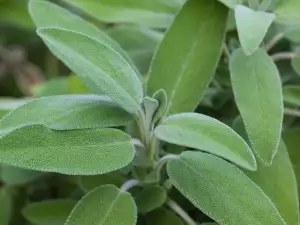

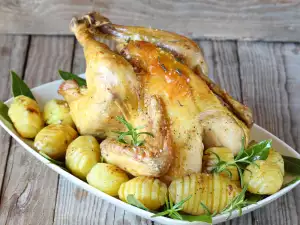
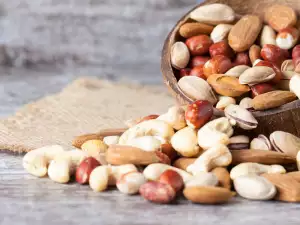
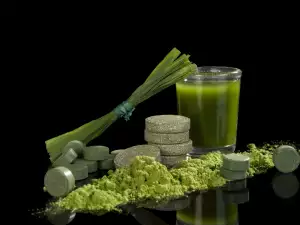
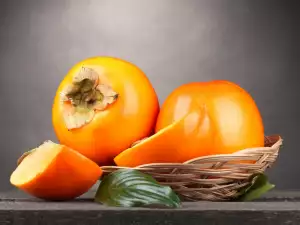
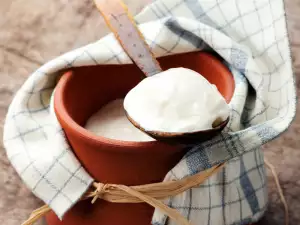





Comments